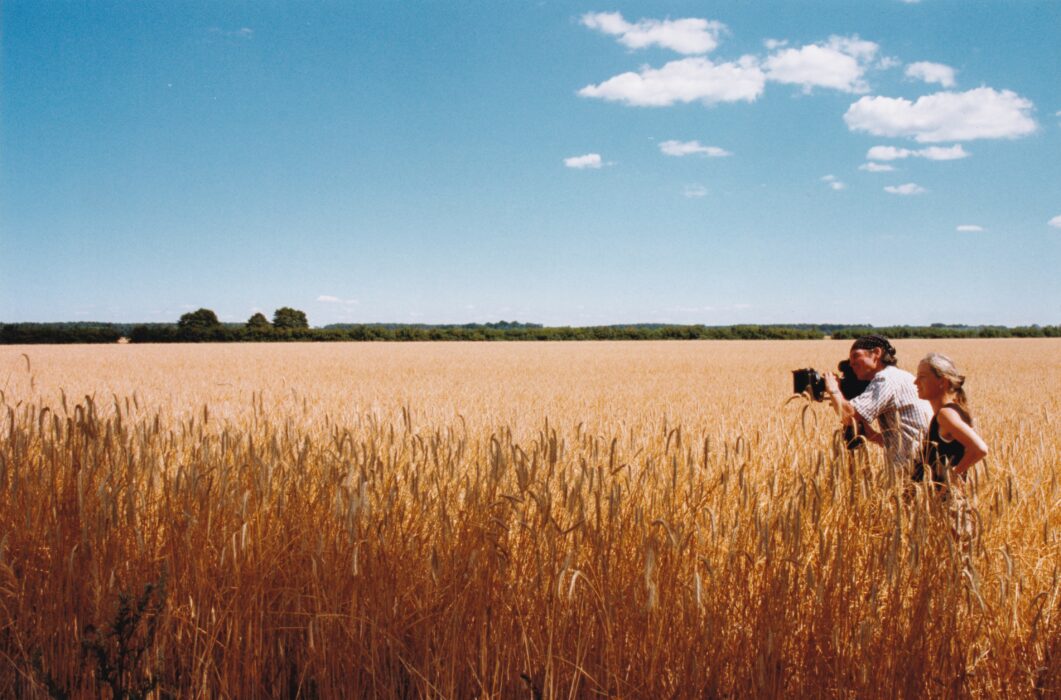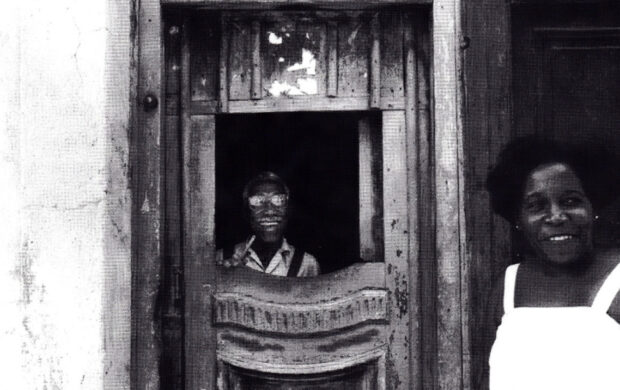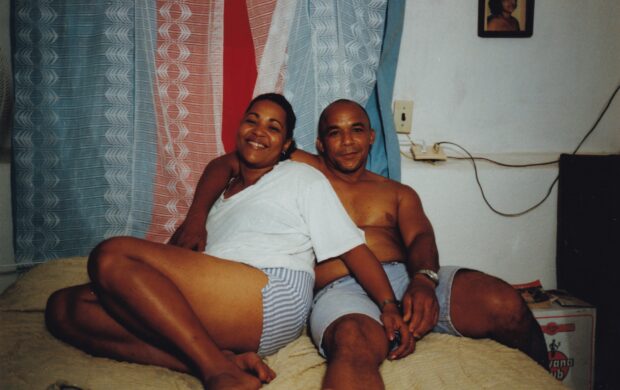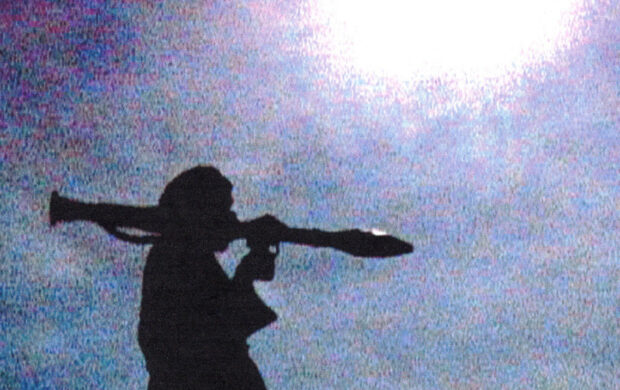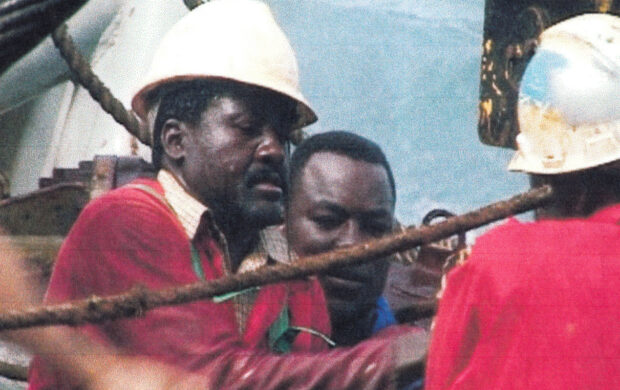De Tijd de stroom
River of Time
Le Temps, le fleuve
- 2000
- The Netherlands
- 100 minutes
- German
Since time eternal, the River Elbe has flowed through the meadowland of Brandenburg. And close to this river, which delimited the frontier between East and West Germany forty years long, stands the village of Gross Lüben with its 300 inhabitants, most of whom are farmers. As everywhere in Europe, traditional farming life is threatened by economic pressures that force farmers either to expand and modernise, or else abandon their way of life. Fifty years of the Cold War, however, have left their trace. The villagers recall the troubled events which have marked their existence since the end of the Second World War: the arrival of the Russians, the confiscation of land, compulsory collectivisation, departures to the West and, finally, reunification. This film is not only a rural chronicle of unfolding seasons and human rituals. It also traces the broader perspective of a fifty-year-old struggle for ownership of land and for power within the village community.
- Production : Stichting Zig Zag
- Editing : Ot Louw
- Sound : Wouter Hasebos
- Photography : Peter Lataster
